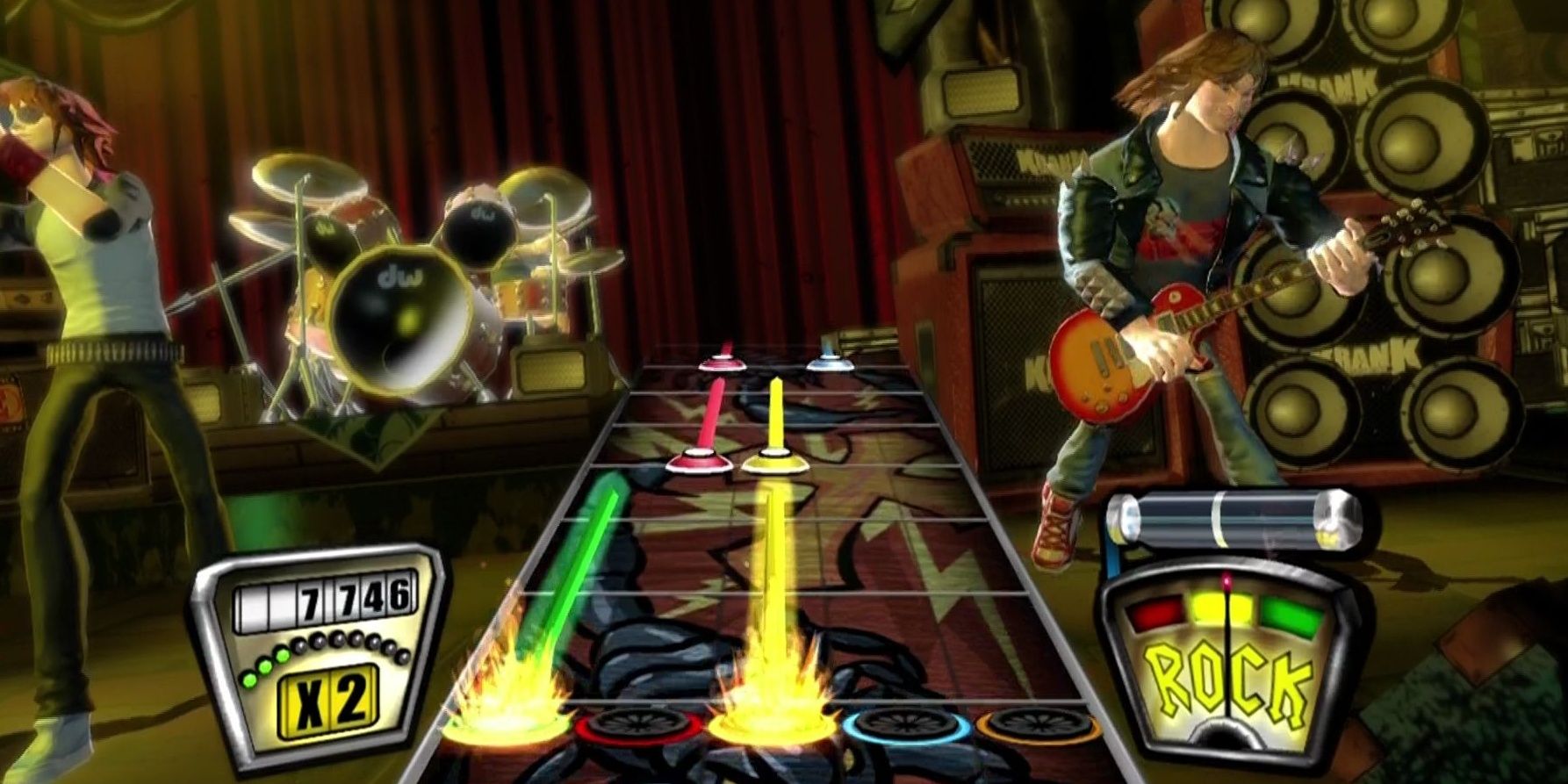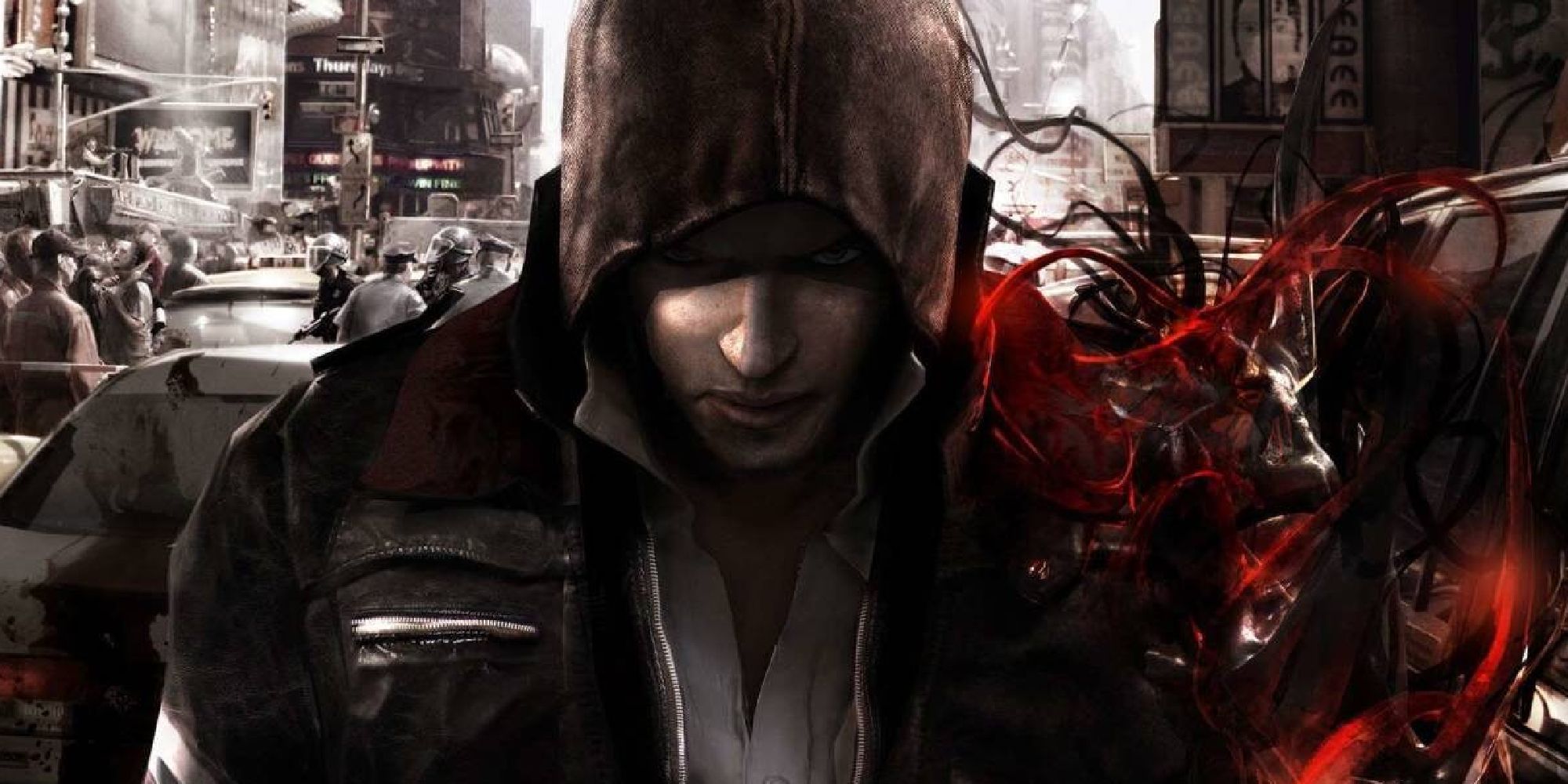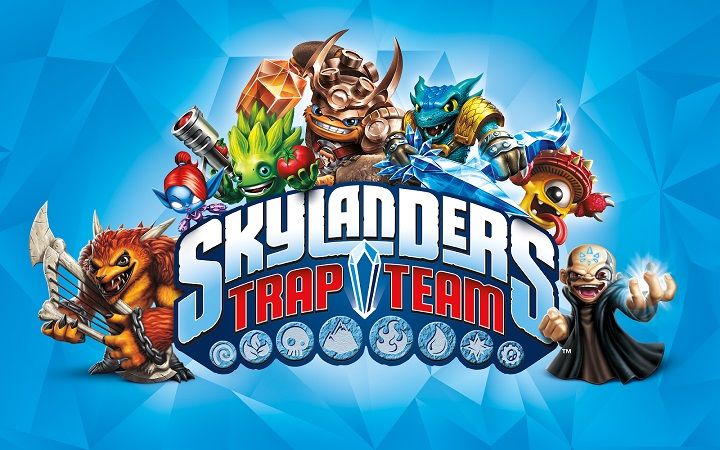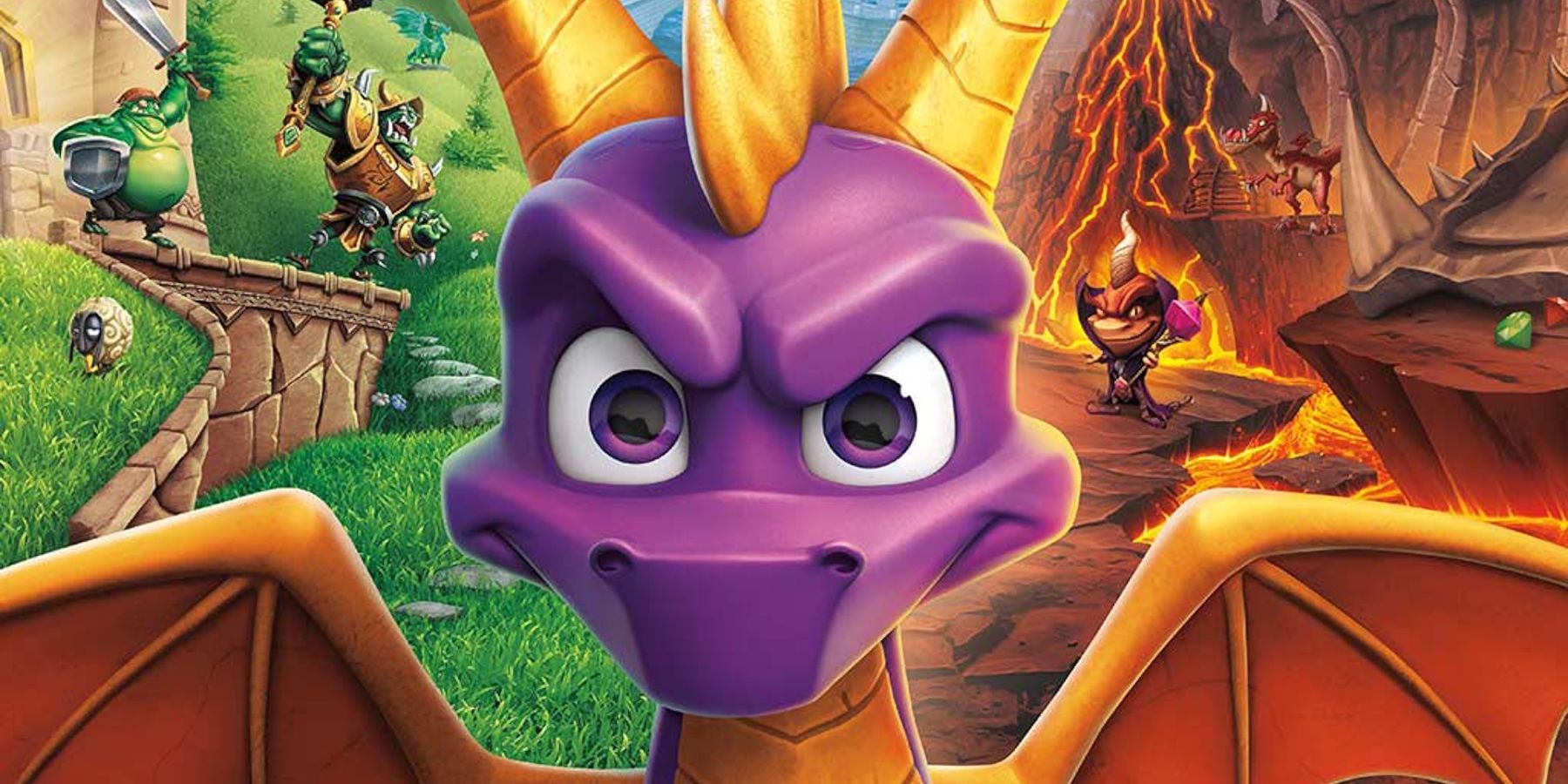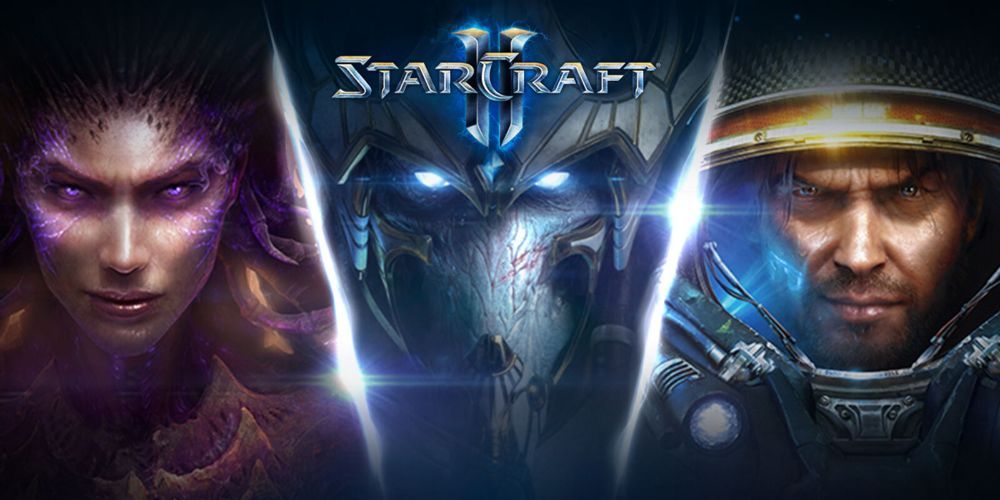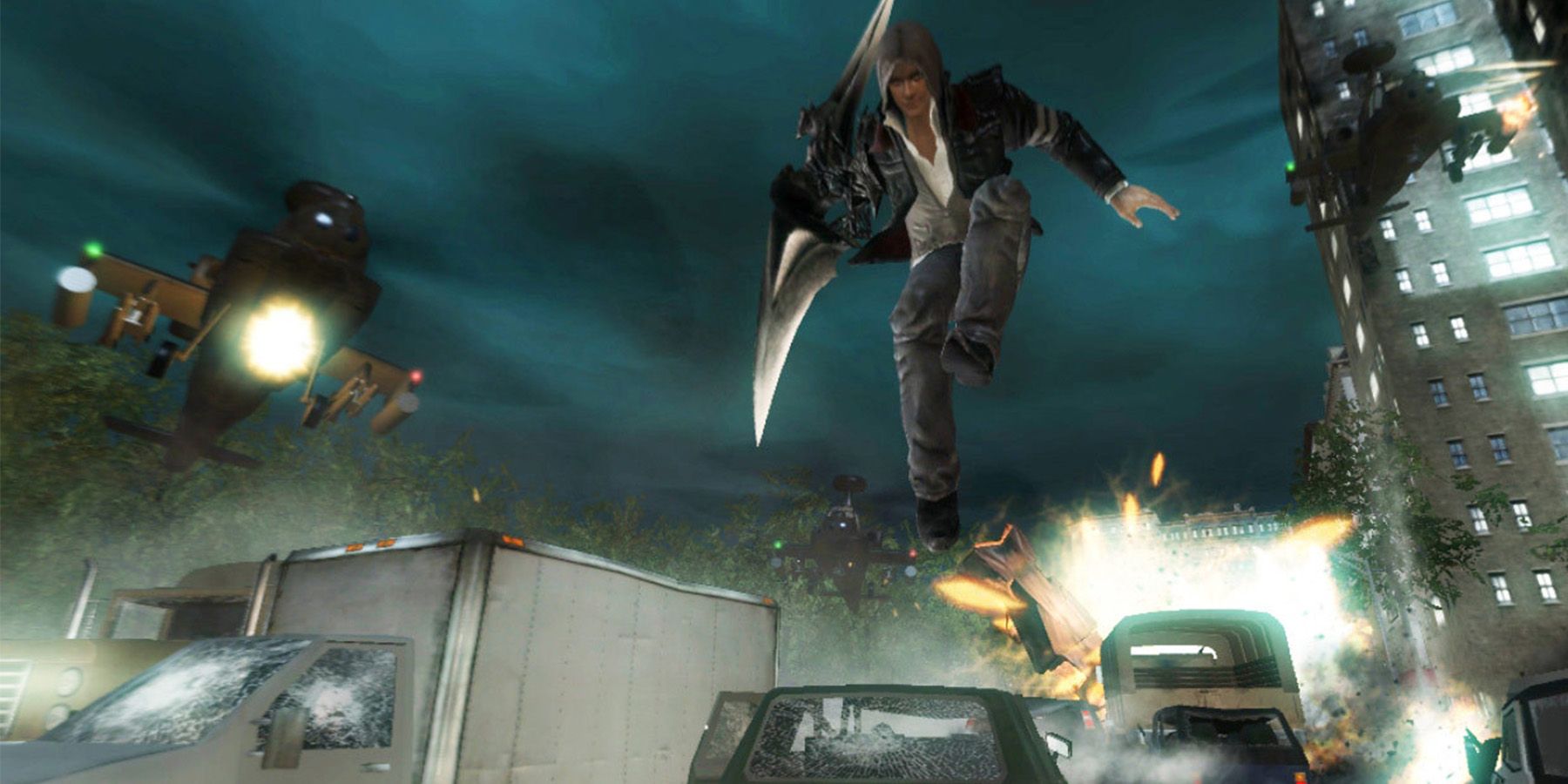
Reviving Nostalgia: Classic Activision Blizzard Series Microsoft Might Bring Back

Microsoft's acquisition of Activision Blizzard could bring back beloved classic series like Guitar Hero, Prototype, Skylanders, Spyro the Dragon, and StarCraft, expanding the company's already impressive gaming portfolio
Despite the CMA's decision in the UK, Microsoft is still pursuing its acquisition of Activision Blizzard. The tech giant is appealing the ruling, hopeful that it will ultimately gain approval and bring the deal to fruition. Should this happen, Microsoft would gain full control of Activision Blizzard and, with it, access to a wealth of untapped intellectual property. As one of the largest video game publishers, Activision Blizzard holds the rights to numerous iconic franchises that have been neglected for various reasons. With Xbox Game Studios at the helm, however, these franchises could potentially see a revival.
Guitar Hero
The once iconic music rhythm game, Guitar Hero, has seemingly disappeared from the public eye after starting in 2005 through a partnership between RedOctane and Harmonix. Its success was due to the thrilling music and guitar-shaped controller, which helped spawn an entire franchise. RedOctane's acquisition by Activision ultimately led to Neversoft taking over the reins and producing the highly successful Guitar Hero 3: Legend of Rock. The game reached over $1 billion in sales, but the music game genre became oversaturated and the expensive controllers proved to be a hindrance. The genre came to a halt, and the last Guitar Hero game was released in 2015. Despite its decline, such an iconic series as Guitar Hero deserves to continue in some form.
Prototype
The action-adventure series Prototype, developed by Radical Entertainment, allowed players to embody a superpowered mutant named Alex Mercer. With an amnesiac storyline and the need to stop a virus outbreak in Manhattan, players were granted incredible powers and a world full of activities to participate in. The mature story kept players engaged, resulting in the game's success. However, the sequel, Prototype 2, failed to match its predecessor's impact. It featured a new protagonist, U.S. Marine Sergeant James Heller, who had a unique story and a revised world to explore, but it failed to find an audience, causing Radical Entertainment to become a supporting role. Despite this, with the rise of superhero media, it may be the ideal time for Microsoft to revive the franchise.
Skylanders
The toys-to-life game genre was essentially founded by Skylanders in 2011, with the hugely popular Skylanders: Spyro's Adventure. This game transported players to a new world under siege from the Dark Portal Master Kaos, who had shrunk all the Skylanders down to toy size and sent them to Earth. The player was tasked with returning them to their world, in a game that garnered positive reviews and proved a hit for Activision. However, subsequent sequels expanded the roster and introduced new features, while the need to buy multiple toys became prohibitively expensive. This led to the demise of the genre, but a reimagined Skylanders platformer without the toys-to-life aspect could still make a big impact if created by Microsoft.
Spyro the Dragon
Since its inception in 1998, Spyro the Dragon has been a popular character in the world of gaming. Initially developed by Insomniac Games for PlayStation, Spyro's adventures were later taken over by other developers. After several successful platformers, Activision bought the franchise in 2008. However, despite releasing the Spyro Reignited Trilogy in 2018, the publisher has not done much to explore the character. Fans are eager for more Spyro content, and if Activision Blizzard fails to deliver, Microsoft could step up to the challenge.
StarCraft
Despite its initial success and critical acclaim, the StarCraft franchise seems to have been largely forgotten by Blizzard Entertainment. The sci-fi series debuted in 1998 with the first game, which quickly became a best-seller and received positive reviews. Blizzard continued to expand the franchise with DLC packs and tie-in novels, but the sequel, StarCraft 2: Wings of Liberty, wasn't released until 2010. While the game was a hit, with record-breaking sales and glowing reviews, Blizzard has not done much with the franchise since 2016, with the last major content release coming in the form of StarCraft: Remastered in 2017. Despite this, fans of the franchise are hopeful that Microsoft, which recently acquired Blizzard, will have plans for future StarCraft titles.
